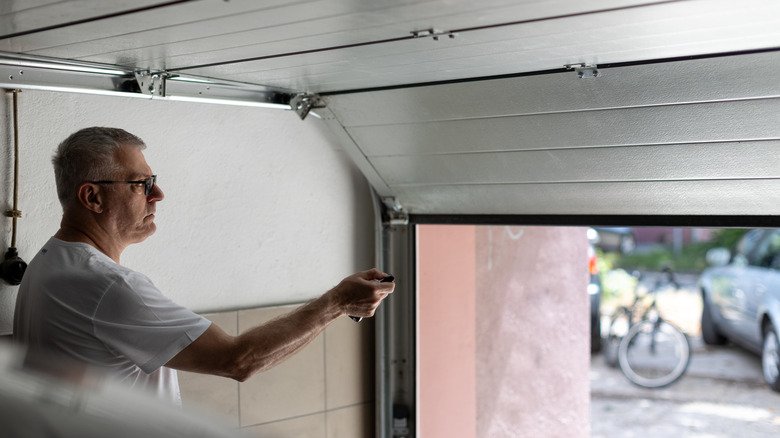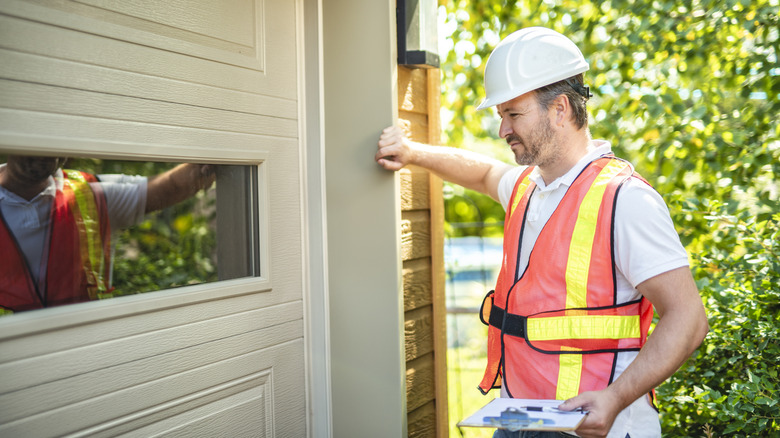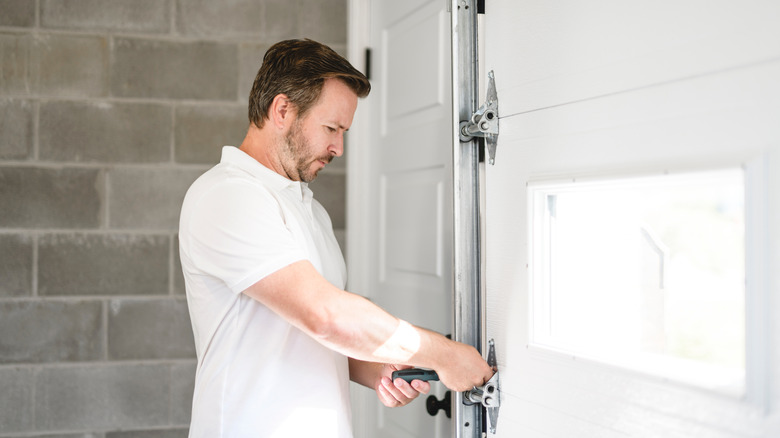Why Your Garage Door Opens Slowly And How To Fix It
It's easy to overlook just how much we rely on our garage doors until they start moving at a pace that makes you wonder if something's wrong. One morning, you're running late, hit the button, and nothing happens for a full five seconds. Then it starts creeping up like it's had a long night. Typically, a garage door should open in about 12 to 15 seconds. If yours is taking 20 or more, that's a red flag. A sluggish door could be hinting at deeper issues like worn out components, poor lubrication, or incorrect control settings. The solution is to spot the problem early so you can get your garage door back on track and keep your repair costs low.
Garage doors, just like any mechanical system, aren't designed to run forever without attention. Yet, we expect them to perform perfectly every day, rain, shine, or freezing cold. That quiet hum and smooth lift we take for granted actually depends on a lot of moving parts working in harmony. And when even one of those parts slips out of sync, things start to slow down.
Common reasons your garage door is opening slower than it should
To start with, poor lubrication is one of the most common and easily overlooked culprits. Your garage door's rollers, hinges, and tracks need smooth, frictionless movement to operate efficiently. Without regular lubrication, metal parts begin to grind, creating resistance that forces the opener to work harder (and slower). If your door is squeaky, sounds louder than usual, or moves with a jerky motion, there are likely some important steps you're forgetting to maintain on your garage door.
Next up, age matters. If your garage door is more than a decade old and hasn't had much maintenance, wear and tear could be dragging it down. Springs lose tension, rollers get misaligned, and the opener motor might be nearing the end of its service life. These older components start to hinder the door's movement.
Then there's the tech factor: incorrect control settings. Some modern garage doors have built-in speed controls that can be adjusted manually or, by default, are set to a slower pace for safety, especially in households with kids or pets. If someone recently changed the settings or the system reset after a power outage, your door might be operating slower than necessary.
Simple fixes to get your garage door moving smoothly again
Begin by checking your garage door rollers and tracks closely. If they look dry or caked with grime, that's a problem. A quick clean with a cloth to remove dust and buildup followed by a silicone-based lubricant can work wonders. Focus especially on the rollers and hinges, as these tend to seize up first in freezing temperatures. A well-lubricated system reduces friction and lets the motor do its job without dragging everything along for the ride.
Still dealing with a slow door? You might just need to tweak the speed setting. Many newer garage door openers come with a speed adjustment feature tucked inside the main unit. Grab a flashlight and your user manual, then carefully open the motor housing. You'd spot a small dial or slider meant for speed control. Adjust it gently. Once done, close the cover and test the door. If it moves smoothly, you've solved the issue without any tools beyond patience.
If your door is old and constantly needing attention, it may be time for some replacements. Worn-out springs, outdated rollers, or an aging opener can contribute to the slowdown. You can swap these parts to bring new life to your old setup. Targeted upgrades are usually more cost-effective and may help restore smooth operation without a full overhaul. But if the system still groans every time it moves, investing in a modern, energy-efficient model could save you more time and money in the long run.


